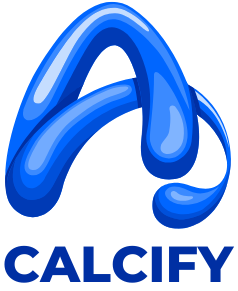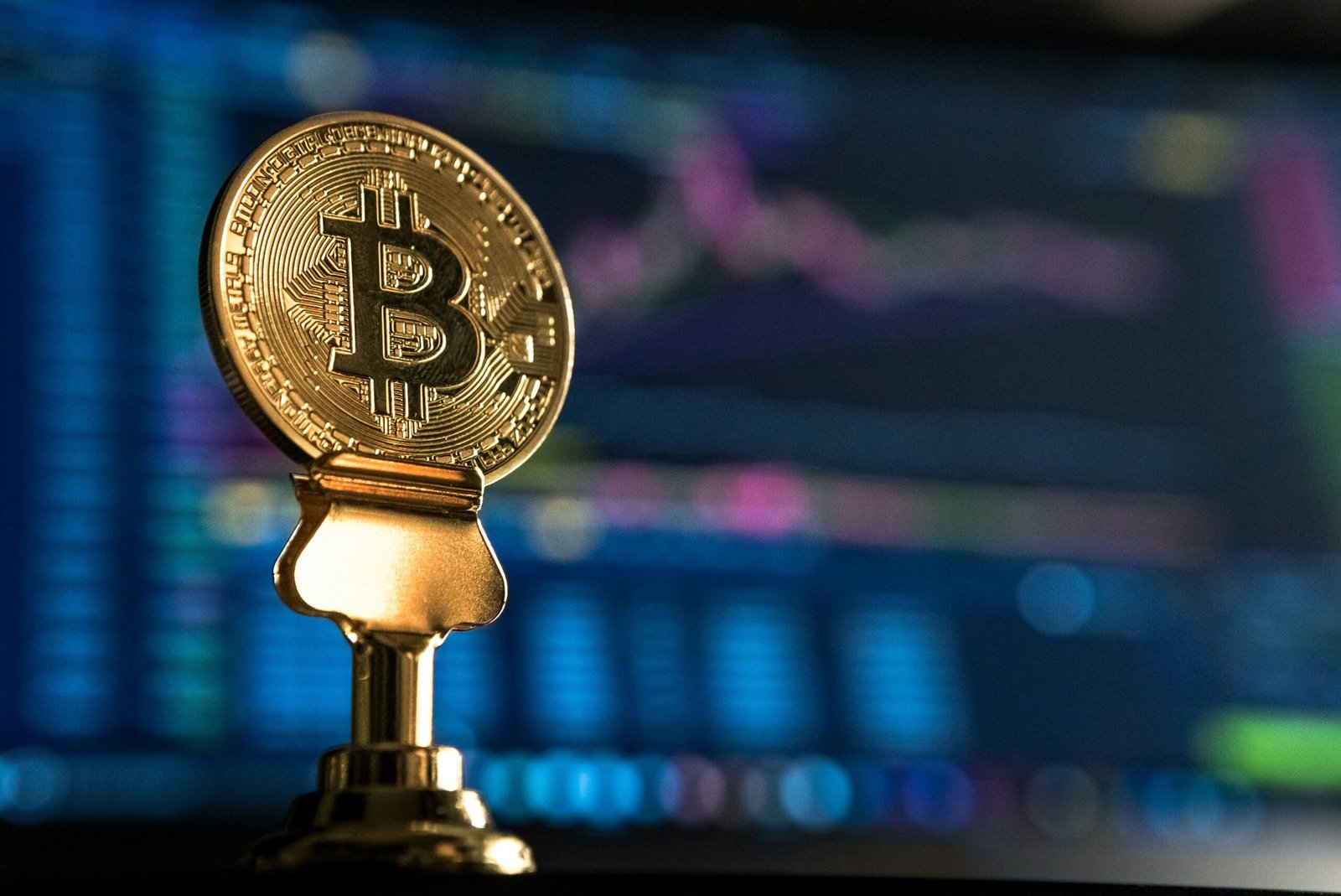Understanding DAOs: What They Are and How They Work
Decentralized Autonomous Organizations (DAOs) are innovative organizational structures that operate on blockchain technology, representing a shift from traditional hierarchies to more fluid and democratic frameworks. At their core, DAOs are entities governed by smart contracts—self-executing contracts with the terms directly written into code, which automate decision-making processes. This automation allows for a level of transparency and efficiency that is often missing in conventional organizations.
The fundamental concept behind DAOs is decentralization, which entails distributing power away from a centralized authority. In traditional organizations, decision-making typically resides with a small group of individuals or executives. In contrast, DAOs empower all members to participate in governance decisions through a consensus mechanism. Each member’s voting power can be proportional to the number of tokens they hold, ensuring that the voices of investors, stakeholders, and users are heard and considered in the organization’s direction.
DAOs utilize blockchain technology as the underlying infrastructure, which brings forth immutability and transparency. Every decision, transaction, and amendment made within a DAO is recorded on the blockchain, making the organization’s operations accessible and verifiable by all participants. This transparency fosters trust among members and can mitigate some of the risks associated with traditional companies, such as corruption or embezzlement.
Moreover, the use of smart contracts plays a crucial role in these organizations. They automate tasks that would otherwise require human intervention, reducing the potential for errors and increasing operational efficiency. For instance, actions such as fund allocation, project initiation, or membership approval can be programmed within a smart contract, enabling the DAO to function autonomously without traditional managerial oversight.
In summary, DAOs represent a pioneering evolution in organizational structure and governance, characterized by their reliance on blockchain technology and smart contracts to facilitate a more democratic approach to decision-making. This paradigm shift has the potential to redefine how organizations operate, enhancing transparency, accountability, and participation at all levels.
The Benefits of DAOs: Transparency, Efficiency, and Inclusivity
Decentralized Autonomous Organizations (DAOs) present numerous advantages that revolutionize traditional organizational structures across various sectors. One of the most significant benefits is enhanced transparency. In a DAO, all operations are recorded on a blockchain, providing a single source of truth accessible to all participants. This visibility fosters trust among stakeholders, as everyone can independently verify transactions and governance decisions. For instance, DAOs like MakerDAO have demonstrated how transparent financial structures can lead to higher levels of participant trust and engagement.
Efficiency is another key benefit derived from the decentralized governance model of DAOs. By eliminating the need for intermediaries, DAOs streamline decision-making processes, allowing for quicker resolutions and implementation of projects. Automated smart contracts serve as the backbone of these organizations, executing predefined actions without human intervention. This not only reduces administrative overhead but also minimizes the potential for errors, significantly enhancing operational efficiency. A prime example is Aragon, a platform that enables users to create and manage DAOs effortlessly, demonstrating how efficiency can be maximized through automation.
Inclusivity is another hallmark of DAOs that sets them apart from traditional organizational structures. DAOs empower individuals from diverse backgrounds to participate in decision-making processes, regardless of geographical location or social status. By allowing token holders to vote on key issues, DAOs ensure that a variety of perspectives are considered, leading to more holistic and balanced outcomes. For instance, the Gitcoin DAO promotes inclusivity by funding projects that benefit the public good, revealing how DAOs can support community-driven initiatives and foster engagement across different demographics. Collectively, these benefits illustrate the transformative potential of DAOs in modern organizational frameworks.
Challenges Facing DAOs: Governance, Regulation, and Security
The emergence of Decentralized Autonomous Organizations (DAOs) has introduced innovative frameworks for collaboration and governance. However, these structures face several significant challenges that could impede their long-term viability and functionality. One of the foremost issues is governance. DAOs operate without conventional leadership, which can lead to conflicts in decision-making. The absence of a clear hierarchy may cause inefficiencies and disagreements, making it difficult for members to reach consensus on critical issues. Additionally, the reliance on voting systems can be problematic, as participation may be skewed towards active members, leading to the possibility of disproportionate influence.
Moreover, the regulatory landscape for DAOs is rapidly evolving and remains uncertain. Jurisdictions around the world are beginning to scrutinize these entities, which may impact their legality and operational parameters. Regulations concerning securities, taxation, and organizational responsibilities could significantly alter how DAOs are structured and managed. Consequently, organizations must anticipate changes in the legal framework and adapt accordingly to remain compliant while preserving their core principles of decentralization and autonomy.
Security also poses a substantial challenge. The reliance on smart contracts—self-executing contracts with the terms of the agreement directly written into code—introduces vulnerabilities. Incidents of hacking and exploits have highlighted the risks associated with poorly audited or implemented smart contracts. As DAOs grow more popular, the potential for targeted attacks increases, necessitating robust security measures to protect the assets and interests of DAO members. Given these challenges, it is evident that DAOs must develop adaptable governance models, engage proactively with regulatory authorities, and invest in comprehensive security protocols to ensure their future success.
The Future of DAOs: Trends and Predictions
The emergence of Decentralized Autonomous Organizations (DAOs) heralds a transformative shift in how organizations operate across various sectors. As these entities begin to integrate into traditional industries, we can anticipate several key trends that will shape their evolution. One significant trend is the potential for DAOs to streamline decision-making processes through enhanced transparency and inclusivity. By leveraging blockchain technology, organizations can enable stakeholders to participate in governance, allowing for more democratic approaches to management. This trend may redefine the notion of authority within organizations, promoting distributed power structures that encourage collaboration.
Another notable development is the increasing collaboration between DAOs and conventional businesses. As organizations recognize the benefits of decentralized practices, we may see hybrid models emerging, where traditional businesses integrate DAO principles to improve efficiency and foster innovation. For instance, companies may adopt DAO frameworks for specific projects or functions, thus embracing the flexibility and agility that these organizations offer. This blending may accelerate the mainstream adoption of DAOs and further penetrate existing market structures.
Technological advancements will also play a crucial role in determining the future landscape of DAOs. Innovations in smart contracts, governance frameworks, and security measures can enhance the functionality and appeal of these organizations. As these technologies mature, they may pave the way for new applications of DAOs in governance, social impact, and resource management, emphasizing their versatility and adaptability in various contexts.
As we look ahead, predictions suggest that DAOs will increasingly influence economic and social structures. Their capacity to foster community-driven initiatives can empower individuals to take charge of local projects and resources. This decentralization may lead to more resilient economies and equitable social systems, where individuals actively participate in shaping their environment. In conclusion, the rise of DAOs is set to reshape the future of organizations significantly, heralding a new era characterized by collaboration, transparency, and democratization of governance.

